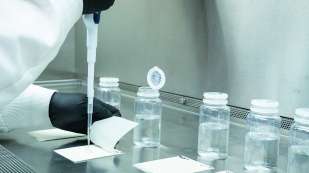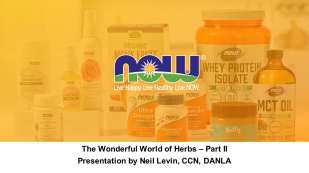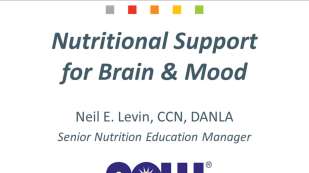Use coupon code CARDAMOM with your purchase of $40 or more for a free†
Cardamom OilNAD (Coenzyme B-3) FAQs

What is NAD or NAD(H)?
NAD is the abbreviation used for nicotinamide adenine dinucleotide, the biologically active coenzyme form of vitamin B3 (niacinamide). NAD is the oxidized form of coenzyme B3 that acts as a hydrogen (H) acceptor, while NAD(H) (known as NADH) is the reduced form that donates hydrogen as part of the Krebs’ citric acid cycle and electron transport side chain.* NADH is a complex molecule comprised of vitamin B3, ribose, a mineral compound called a phosphate group and another compound called adenine nucleotide that can be made in the liver and in other cells.
NAD and NADH can each be converted back-and-forth into the other form many times during the body’s energy production cycles.* They’re both involved in transferring electron pairs (energy “sparks”) during energy transfer reactions within the cell.* Chemical energy in the form of ATP (adenosine triphosphate) is produced in this cycle.*
What does NAD or NAD(H) do?
NADH is an essential cofactor in for hundreds of biological reactions, and is used extensively in the production of cellular energy (ATP).* NADH also plays a notable role in the synthesis of neurotransmitters in the brain.*
*These statements have not been evaluated by the Food and Drug Administration. These products are not intended to diagnose, treat, cure or prevent any disease.











